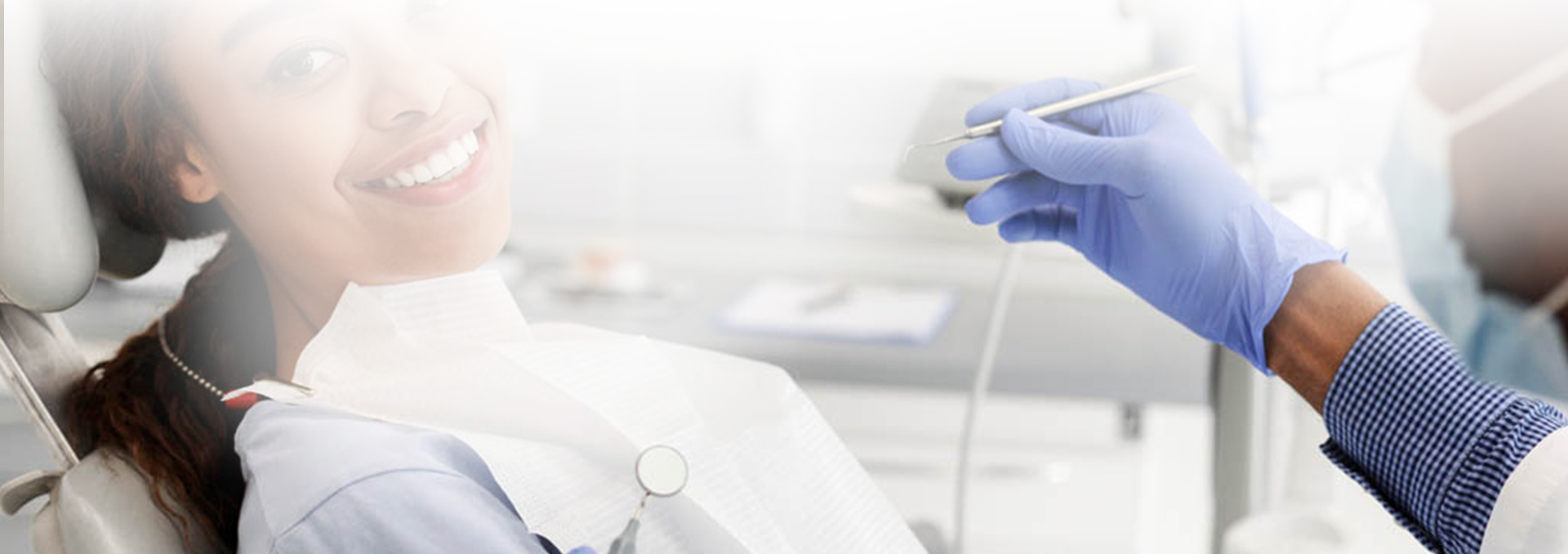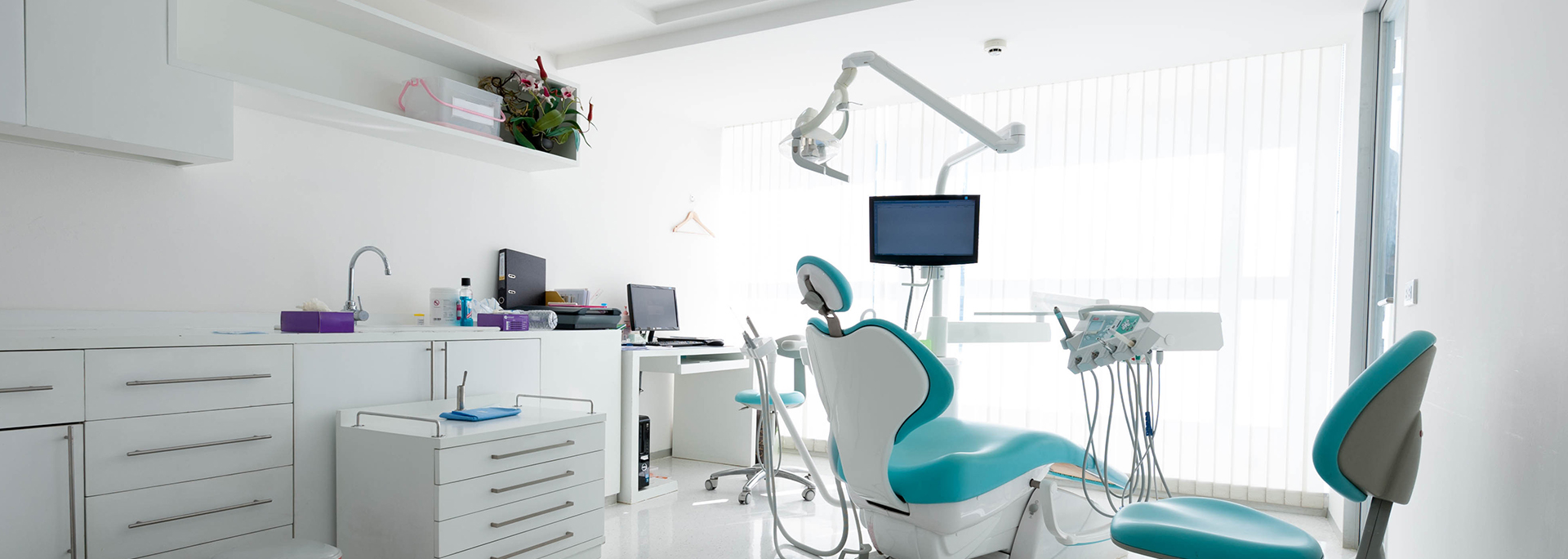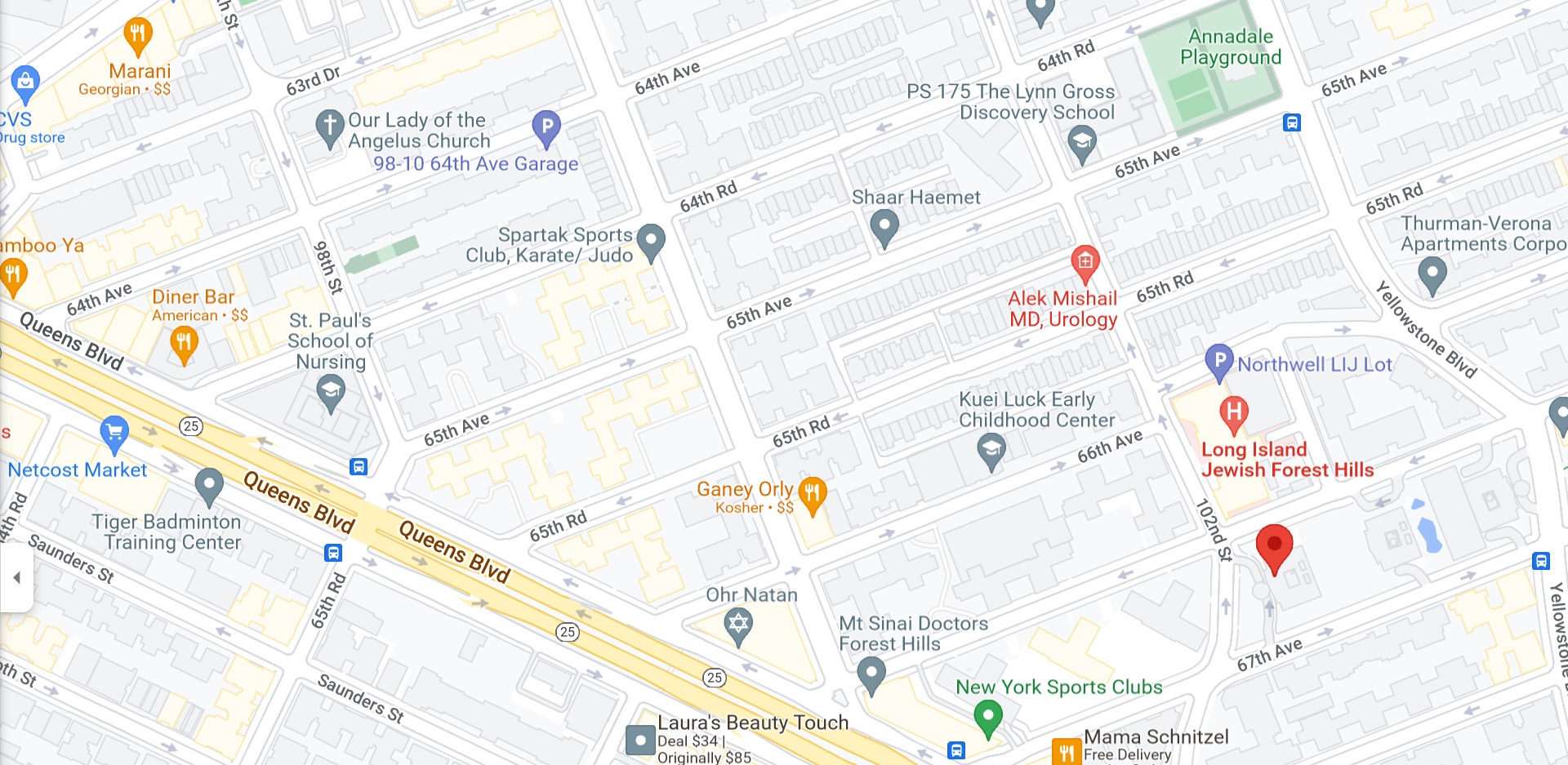For sleep apnea, there are multiple treatment methods. When most people think of sleep apnea, they think of CPAP machines. While these are effective, there may be less invasive sleep appliances available to meet your sleep apnea treatment in Forest Hills NY needs.
Forest Hills Dental offers custom sleep appliances and snore guards designed to improve the symptoms of sleep apnea as soon as the first night of use. Set an appointment with Forest Hills Dental about sleep apnea treatment in Forest Hills NY, and Dr. Gregory Mark will perform an examination to see which appliance is best for you. He is able to provide screening, diagnosis, and treatment.
Do I Have a Sleeping Disorder?
Sleeping disorders can be tough to diagnose, as they happen when you are asleep. Because of this, many patients don’t even know that they have sleeping disorders. These disorders can range from something as small as snoring to something as problematic as sleep apnea.
Some of the symptoms to look out for when considering if you have obstructive sleep apnea include:
- Sleepiness throughout the day
- Flattened or broken teeth
- Fatigue
- Weight gain
- Waking up tired
- Depression
- Diabetes
- High blood pressure
- Large neck circumference
- Headaches and migraines
When you set an appointment for an exam with Forest Hills Dental, Dr. Mark will check for symptoms of bruxism. This is the clenching and grinding of teeth (which generally occurs at night). Bruxism is often an indicator of a sleep disorder. If a patient doesn’t have enough oxygen at night, their jaw may clench. This leads to wear, flattening, and broken teeth.
If it’s suspected that you have a sleep disorder, Dr. Mark will probably recommend a sleep study to diagnose the issue and determine the best method of treatment.









